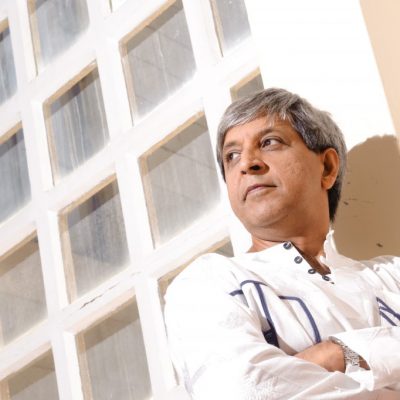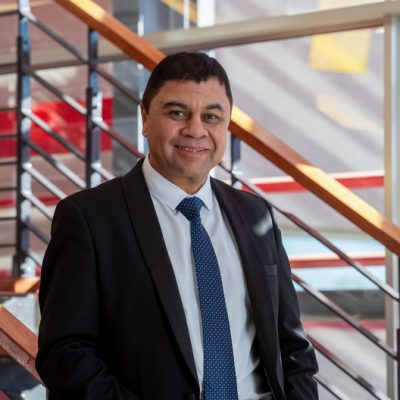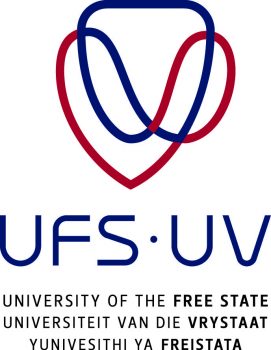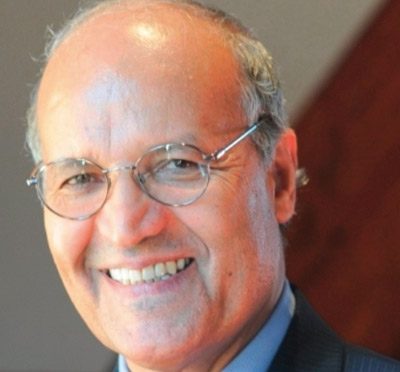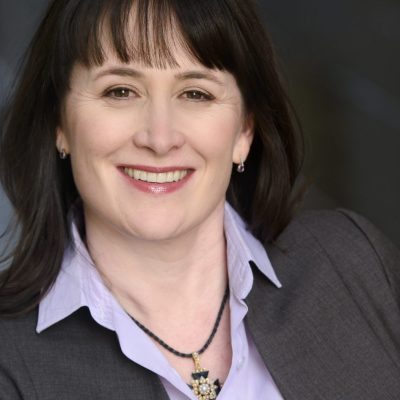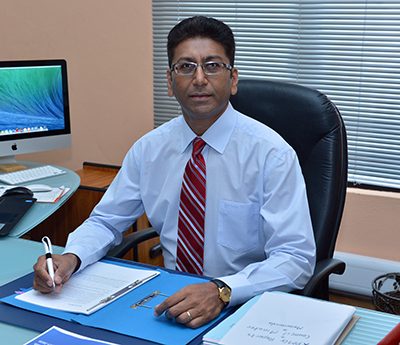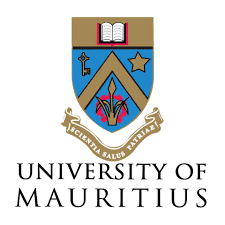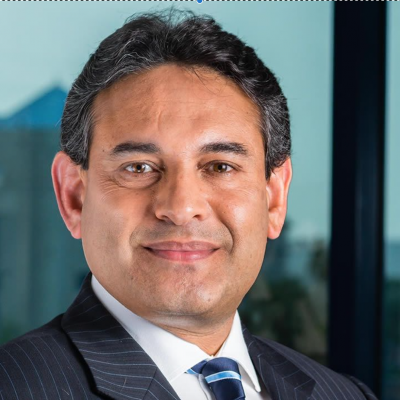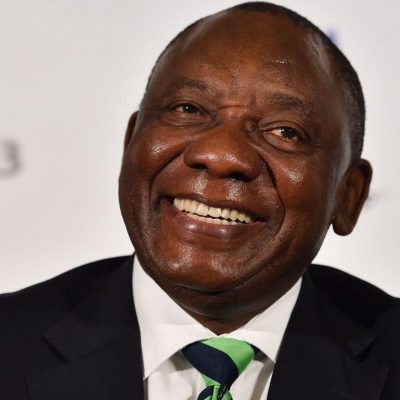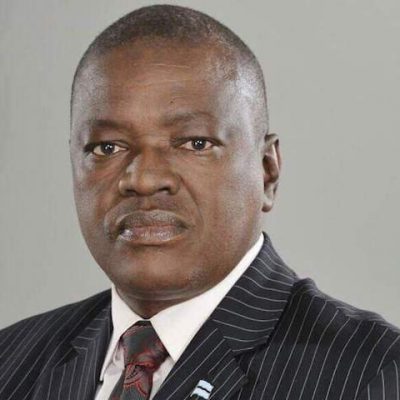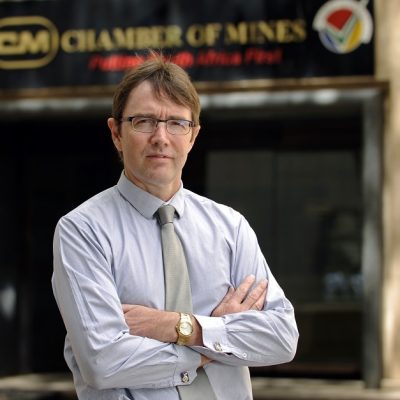Building Partnerships for Africa’s Future
There is a complexity in the African economy and African experience.
I think when you look at a place like Wits, or University of Cape Town, or Stellenbosch, or University Pretoria, you can compare these institutions with the best in the world. I think they produce a quality graduate at 1/20th or 1/10th the price.
Looking at the mining industry I believe we can produce new technologies for the industry at 1/10th or 1/15th the price of the US or the UK.
It seems to me that that complexity of the African higher education sector is not appreciated by many in the private sector. And as a result, we are losing huge opportunities to develop great technologies to go alongside great professionals.
Prof. Adam Habib, Vice Chancellor
For me collaboration around the future of work is non-negotiable; it has to happen and I see the AfricaLive.net platform provides that.
I think Africa Live is a fantastic platform and it is also a fantastic idea to share how Vice-Chancellors across the continent feel about Africa and about higher education in Africa, and to a certain extent- how to get that message out to the rest of the world.
Unfortunately, Africa is often seen as a continent that can’t produce high-quality education and high-quality output in research or products. I think this is an opportunity for us to showcase what we are capable of and also an opportunity for us to say that we would not choose to do this alone; that we need to collaborate!
“Business schools can be the real engine of African growth.
Business schools have a direct link with industry. Our role is major. There is a need for eleven million managers in Africa. If these outside investors coming in don’t find the talent they will either go elsewhere in the world, or they will bring their own people in.
If the local business schools do not step up and do it, then schools will come from outside. We need to show anyone coming in that we are ready, we are engaged, and we are prepared to work in partnership.”
Dr Ali. Elquammah, Chairman Association of African Business Schools
“Our primary focus now can be described as ensuring better preparation for the future and for the digital world.
This will encompass everything from renewable energy to dealing with data sciences for business to internationalisation.
Obviously, renewable energy is very important for a country like Morocco which doesn’t have a lot of oil and the energy that we produce is expensive. With solar, biomass, and wind power we can save the planet, save the environment and save the economy as well.”
Prof. Driss Ouaouicha, Vice Chancellor Al Akhawayn University
“How do we work with business to confront and navigate major technological disruption?
How do we do that in a continent where we can’t assume that the demands and challenges of the third industrial revolution have already been met?
If we are not alert to the way that technology is being rolled out globally, then in Africa we will find ourselves only being consumers of these technologies. That would represent a missed opportunity to be part of the global value chains that are associated with actually producing and delivering these technologies.
You can’t set up an insolated think tank to deal with this. You need to embed it across curricula. This is hard in institutions where academia is seen as having the answers, I think the role of academia is to ensure that we are asking absolutely the right questions and to be working towards finding those answers”
Prof. Nicola Kleyn, Dean Gordon Institute of Business Science University of Pretoria
The future for Mauritius is in the development of an innovation economy. There is a ground-up research and innovation culture developing five key industries for Mauritius; health, agriculture & marine, renewable energy, IT & digital technology, and tourism.
AfricaLive is the platform for partnership and investment in Africa’s future.
Built through the commentary and analysis from Africa’s business decision-makers and government leaders, AfricaLive offers a platform for exploring opportunity around the future of work and research on the African continent.
Now is the time for business, government and education to come together to ensure a prosperous and sustainable future for the continent.
In addition to publishing on AfricaLive.net, our team can execute campaigns for African companies and universities to win extensive media coverage across Africa’s news media.
Paid Content Service: How It Works
University Microsite: Your Vision for African Development
-
Industry Partnership: Match African higher education institutions with companies prepared to invest in finding solutions to Africa’s present and future challenges.
-
Academic Partnerships: Showcase research and partnership opportunities, targeting leading universities across Africa and worldwide.
-
International Student Recruitment: Build strong country brands that will attract international students.
We use the company story told on your microsite to raise your profile across Africa and worldwide…
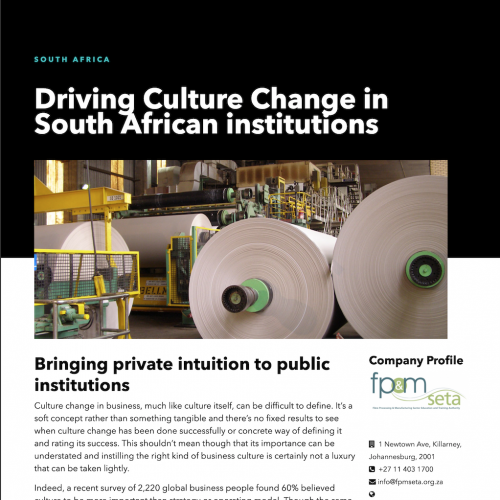
Publish Your Vision Across Africa's Media
Marketing and Advertising in multiple African markets at once has always been prohibitively expensive. However, press articles are more powerful than paid-for print advertising, and a means to reach business decision-makers across the continent.
Receive tens of thousands of dollars of media coverage through a PR campaign targeted to your African markets of interest.
In addition to AfricaLive, your article is published on:
- AfricaNews (1.8m monthly readers)
- CNBC Africa (317,000 readers)
- Bloomberg Terminal (325,000 subscribers)
- Thomson Reuters Terminal (175,000 subscribers)
A press release with the article is issued to;
- 15,000 African focused writers and journalists
- All main media titles in your target countries
- Industry specific media organisations
Your content will be picked up by multiple influential print & digital media titles.
Audiences are more likely to trust messages coming from an objective source rather than paid-for advertising messages. Build a database of African press references.
All this press coverage builds credibility in your message which we then use to build connections with African business decision makers…
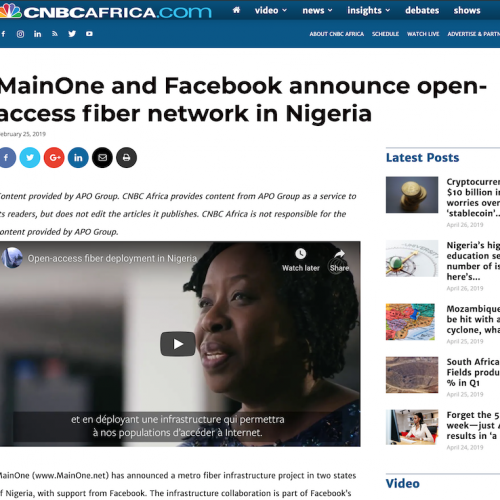
Case Study: Rushmore Business School
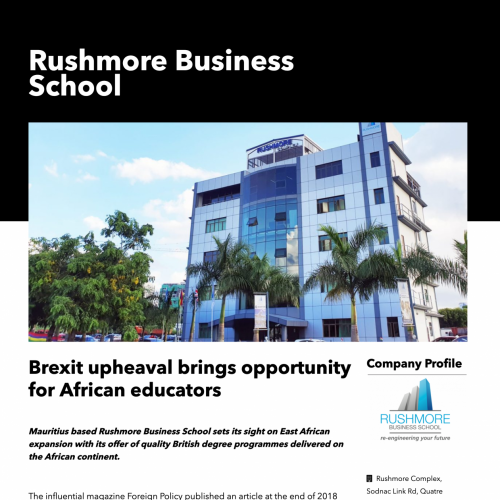
Building Partnerships for Africa's Future
“Embracing new industries and new segments is what is going to lead Mauritius in to its next generation of development. Mauritius can take a lead by embracing digital technologies and understanding the ecosystem required for fintech to develop. There is an opportunity here for early adopters, including countries.
This could be a global play, there is so much opportunity in establishing a global technology hub.”
Ravneet Chowdhury, CEO Bank One
“We should treat our entrepreneurs and business people as heroes. They are here to grow the economy.
South Africa is showcasing the vast opportunities there are for international investment in the country. We aim to rebuild investor confidence, restore good governance in public institutions.”
President Cyril Ramaphosa, President of South Africa
Botswana is ready and ripe for a multiplicity of partnerships. We would never be where we are now without the international community. Therefore, we seek to learn and draw from others every day, and we strive to be as much of a contributor as well.
Botswana and its people, are ready to leap ahead. We want to be amongst the best in the world and we have full the capability to do that.
President Mokgweetsi Eric Keabetswe Masisi, President of Botswana
The world’s most attractive minerals are in Africa, and only in Africa. Beneficiation of our natural resources is vital to the future of the continent, and we have recently invested in large-scale projects to add value to platinum and bauxite here in Africa. Africa Finance Corporation is actively seeking investment opportunities in mining across the continent. We remain extremely confident of the future of the sector.










